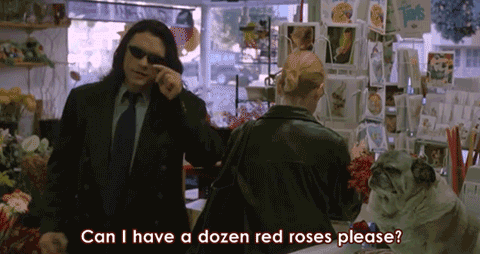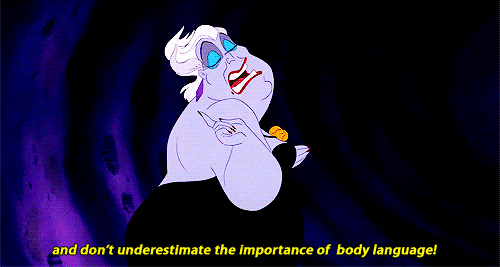Big Pear launched in early April of this year. Since then we've been hard at work letting people know we're the ones to get in touch with if they need an RPG run for them. Aside from strutting our stuff, we've been keeping busy is other ways.
After running a few sessions for folks and gathering feedback, we determined that we should add scheduled games to our list of options for potential players. So, starting in July, we will be holding seasons of RPG's that you can sign up for. The ESL games will be scheduled for Monday evenings. the general game will be held at every second Saturday at a cozy sandwich place in Chinatown called Wheat & Barley. (for information and registration check out the Eventbrite page)
The lovely folks at Wheat & Barley sure are gung-ho about making tabletop gamers feel welcome at their little eatery. Aside from hosting us for our RPG sessions, they've partnered with us to host a board game night every second Wednesday. We'll be on-site to teach a new game each board game night. Anyone who wants to participate can pay $5 to participate, borrow one of our games, or bring in your own games to play with potential players who show up. That $5 gets returned to you as $5 off of your tab for the evening.

Over the last month or so, we were able to get back to our roots as supporters of the local music scene. We ran a couple of stages for Car Free Day on Main st. and Commercial Dr. On both days we got a chance to hear some fantastic music from some fine musicians! Maybe you were at one of those events and you want to check out some of the tasty jams you heard? Well, look no further than the list below. Remember: If you like what you hear, tell the artist and maybe show your appreciation in the form of purchasing their music!
Main St.
The Off-Keyz
Minami
Commercial Dr.
Big Pear has been providing the charity group Extra Life's Vancouver guild with d20 soaps (stuffed with a d20) to raise money for BC Childrens Hospital. Every time they appear at a show, they sell like hotcakes. So, if you've missed them at an Extra Life booth at a local convention lately, they are available for purchase here on the Big Pear site.

Speaking of Extra Life, their Tabletop Appreciation Weekend is coming up in August. Keep your eyes peeled here or on one of our social media thingies to see where we'll be, running games, raffling prizes, and looking forward to talking with y'all about how you can make a difference in the lives of sick children buy playing board games and RPG's.
Also, I'm going to try and blog more regularly than I have.
I think that's everything, for now. See y'all at the gaming table!




